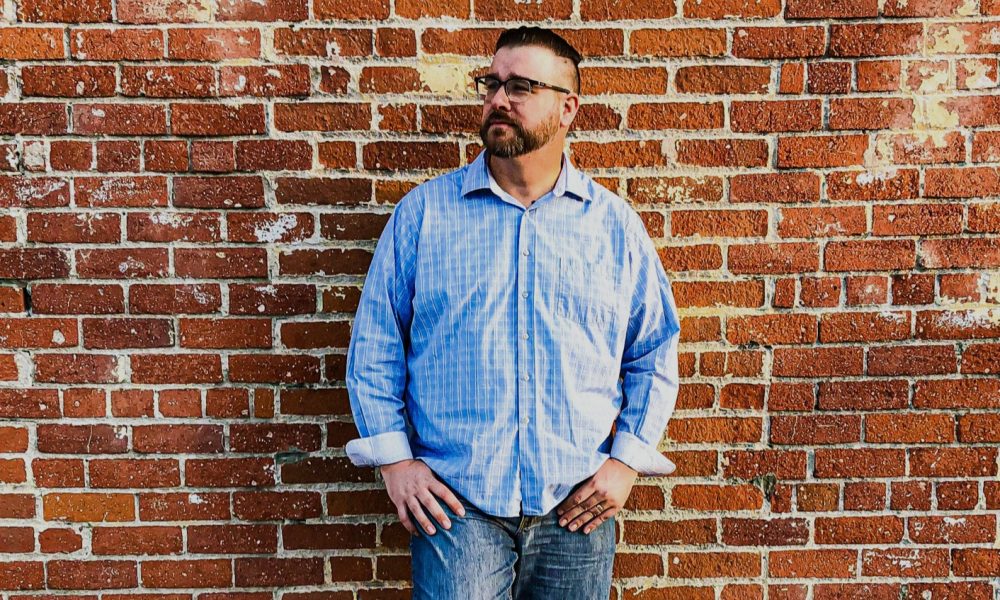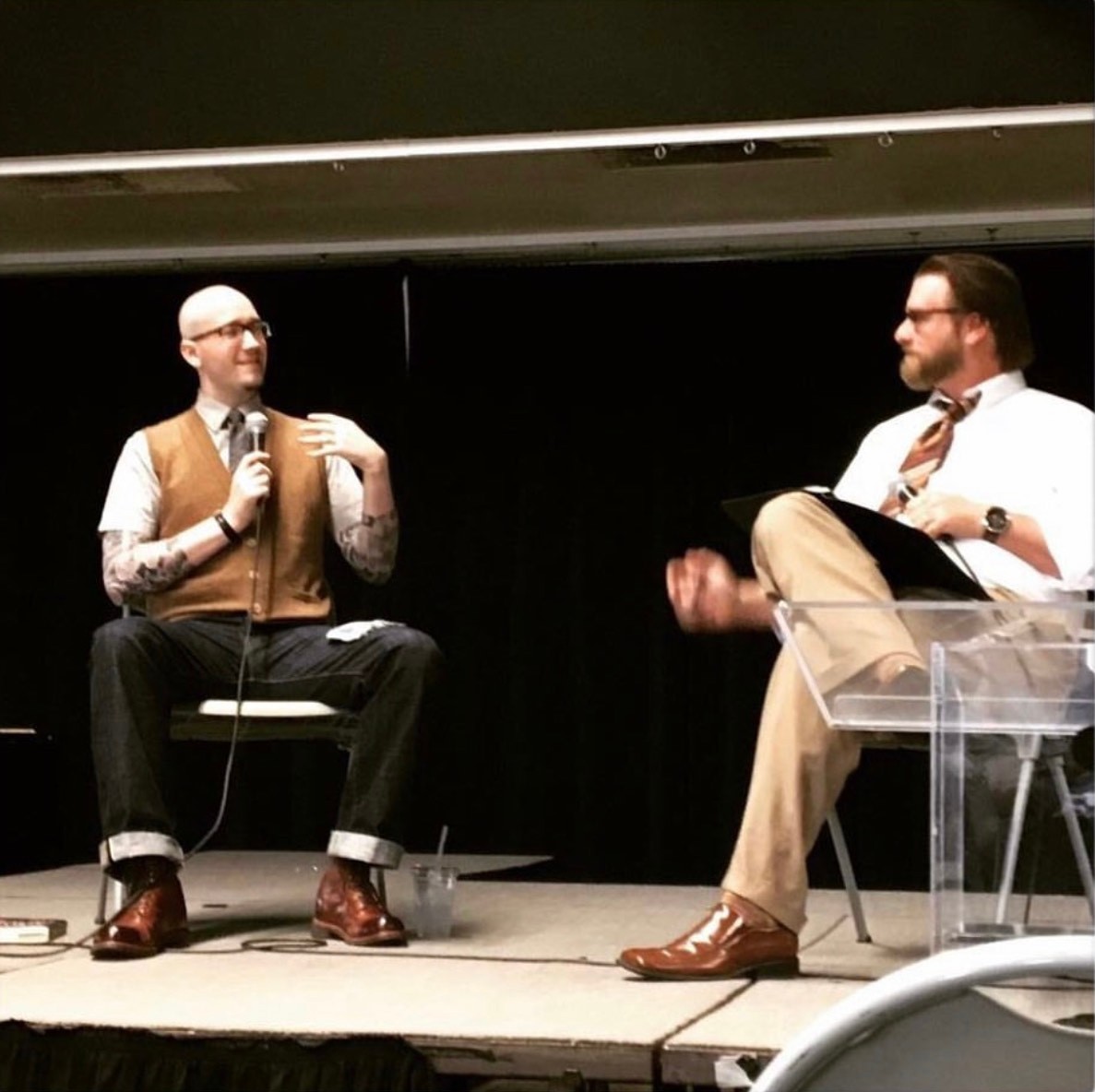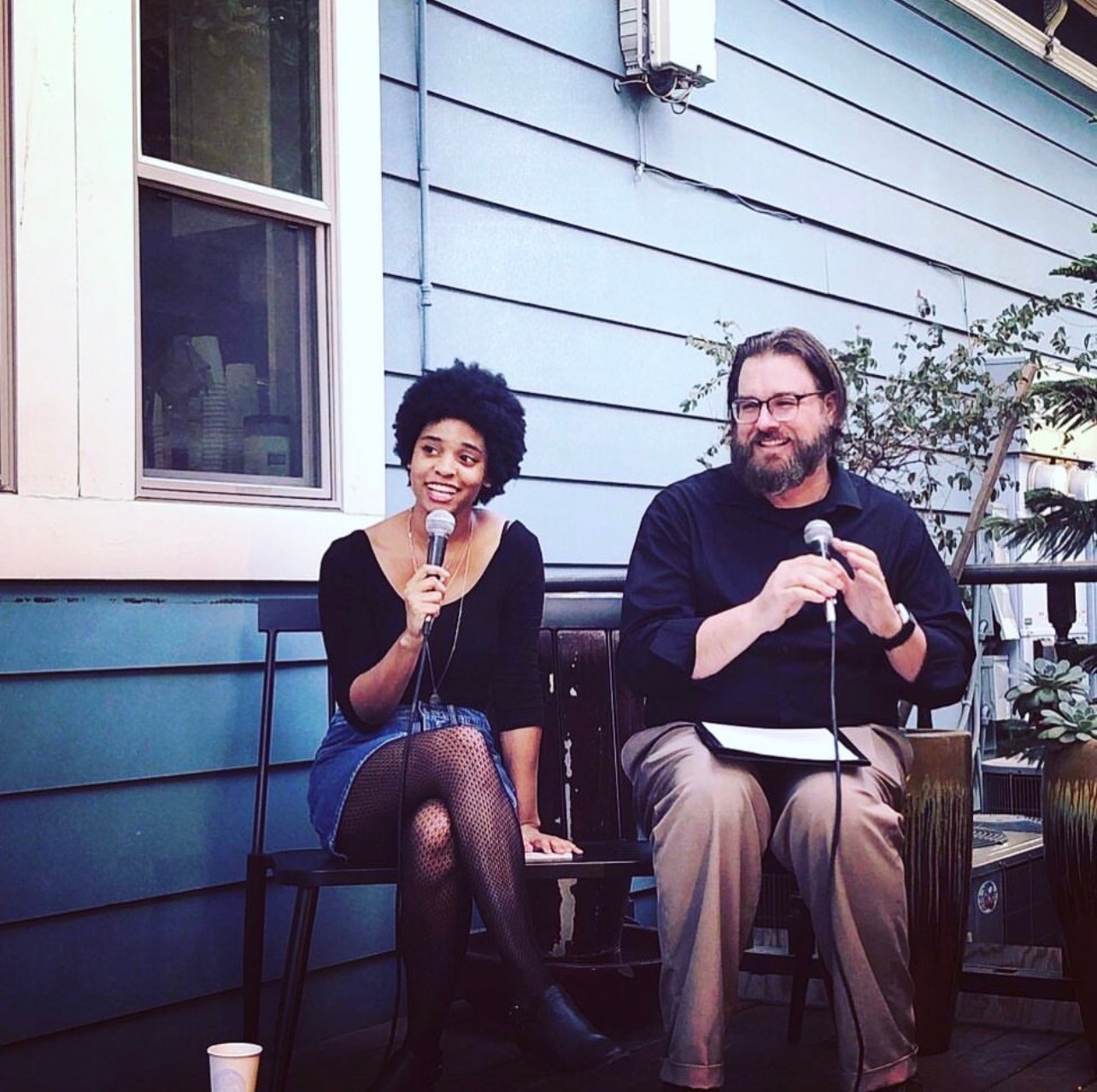

Today we’d like to introduce you to Michael Dean Clark.
Alright, so thank you so much for sharing your story and insight with our readers. To kick things off, can you tell us a bit about how you got started?
Let me start with where I’ve ended up. I am currently a writer, a professor of writing, and my personal business is consulting and editing stories that range from fiction to memoir to narrative journalism. How I got here was…well, initially accidental.
When I was a freshman in college, I began my studies in pre-med classes, intent on being a sports physician. Chemistry had other intentions for my life. Frustrated at the loss of my sense of purpose in school, I had no idea what to do, so I asked to talk to “somebody who knows something about writing.” I’d been told I had an aptitude and, lacking any real direction, struck out in that direction. And that led to me meeting Joseph Bentz, who taught journalism and literature courses, wrote novels, and simply kept putting me in positions to try writing in different ways.
This led to a short but successful career in journalism, where I honed my skills both as a writer and an editor covering business and education. That work in turn led to the desire to teach, and I spent six years working with students at Whittier High School. I loved those students and those years. What I did not love was not having time to write my own stories. So I went to graduate school, earning a Ph.D. in fiction from the University of Wisconsin Milwaukee.
After four winters I simply wasn’t prepared to handle after spending the majority of my life in Southern California, I landed a job teaching creative writing at a small university in San Diego. I worked with students there as well as community groups and discovered that I have a bit of a talent for helping other people find their stories. And then the opportunity to come back to my alma mater presented itself, so back to the greater L.A. area it was. Here I have continued to push my own projects forward, taught all manner of creative writing courses, and partnered with talented writers and community members looking for the words to tell others what matters to them.
And that’s what brought me to you, as I edited Kathryn Ross’s memoir Black Was Not a Label (and then she recommended me to you all).
We all face challenges, but looking back would you describe it as a relatively smooth road?
No road is smooth, though mine has not been marked with outsized challenges beyond going to grad school in the middle of the Great Recession and coming out into the worst academic job market in history (at that point) and a reshaped academic world where time and freedom are more scarce than ever. But I have been employed through it all and gifted with phenomenal students who have grown and grown me.
Like any writer, I deal with more rejection than acceptance when it comes to my own work. I have multiple long-form projects in various stages of development and hope to find a home them at some point. But I’ve published short-form fiction and nonfiction over the years and still love trying to make stories happen.
And finding time to build a private business and working one-on-one with people is tough with the everyday challenges of a day job and a family. But again, who isn’t hustling these days. And at the end of it all, the work I do is a privilege. So I can’t complain.
Thanks – so what else should our readers know about your work and what you’re currently focused on?
As I said before, I specialize in creative writing, both in my own work and in assisting others with theirs. I write short and long-form fiction, most of which is set in San Diego (where I grew up). My stories are typically about quiet struggles and complicated endings that generally don’t resolve neatly. I also write personal essays that blend elements of my life with outside topics and focal points (for example my essay “Subsidence” blended my decades-long experience with insomnia with the scientific reality of depleting groundwater supplies in California’s Central Valley). My work has appeared in various journals over the years and I continue to write and submit currently.
Most of that work, however, underpins my ability to work with others. I think what sets me apart in terms of writing coaching is the blend of experience I have. Many coaches are practicing writers and have taught classes. But I have spent a good deal of time and research on understanding how creative writing (and writing in general) can be taught and learned. I am the co-editor of three books on how to teach writing (Creative Writing in the Digital Age, Creative Writing Innovations, and Imaginative Teaching through Creative Writing) and teach a master’s-level course in the art of teaching writing. On top of that, my work as a journalist gave me pragmatic and tangible tools for writing and editing in forms outside of the creative arts that allow for perspectives that help writers cut through the cutter of their ideas and consider the needs of an audience. And teaching high school helped me learn how to read people’s individual needs and lean into helping them address those specific elements.
Put more succinctly, I am an artist who is particularly interested in, suited to, and trained for helping others communicate and do it well. That’s what I try to bring to any classroom, consultation, or creative context.
Risk taking is a topic that people have widely differing views on – we’d love to hear your thoughts.
I think I’ve taken a few major risks in my life. Jettisoning a path toward medical sciences was not the conventional choice, but it became a stint in journalism that won me awards and shaped me as a communicator. Then, leaving the industry to teach confirmed in me a need and desire to work directly with people. I loved my time as a teacher and am still in contact with dozens of my former students, the last of whom had me more than 15 years ago. And then I risked again by heading to grad school in my 30s (in a place I’d never been) and pursuing a field that is by no means easy or easy to find work in. But that has made all the difference in terms of cementing my abilities and putting me in positions to help others with their work while continuing to pursue my own projects and try to build a consultancy.
Contact Info:
- Website: michaeldeanclark.com
- Instagram: @mdeanclark
- Twitter: @MDeanClark


Image Credits
Photo Credit (for all images): Heather Murphy Clark











